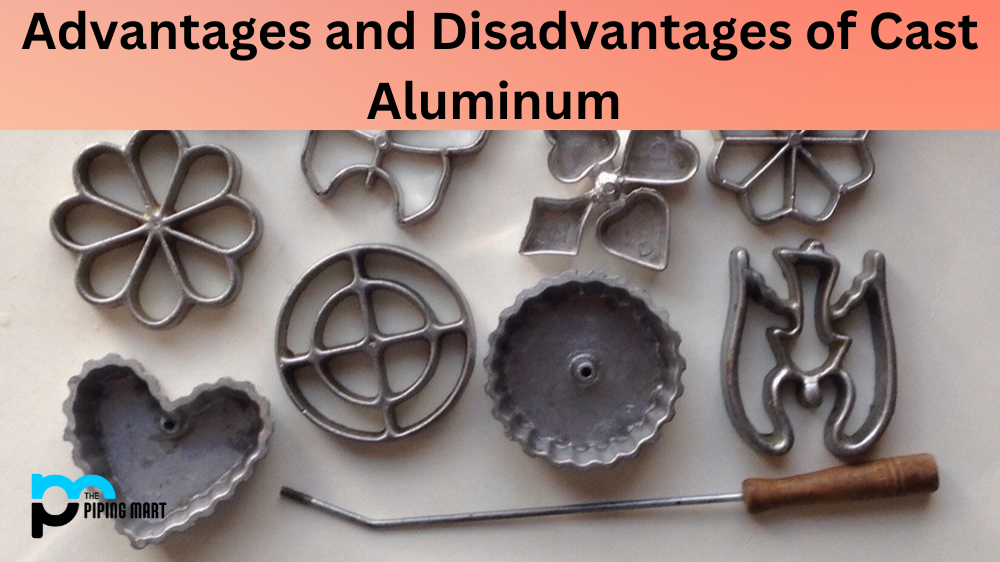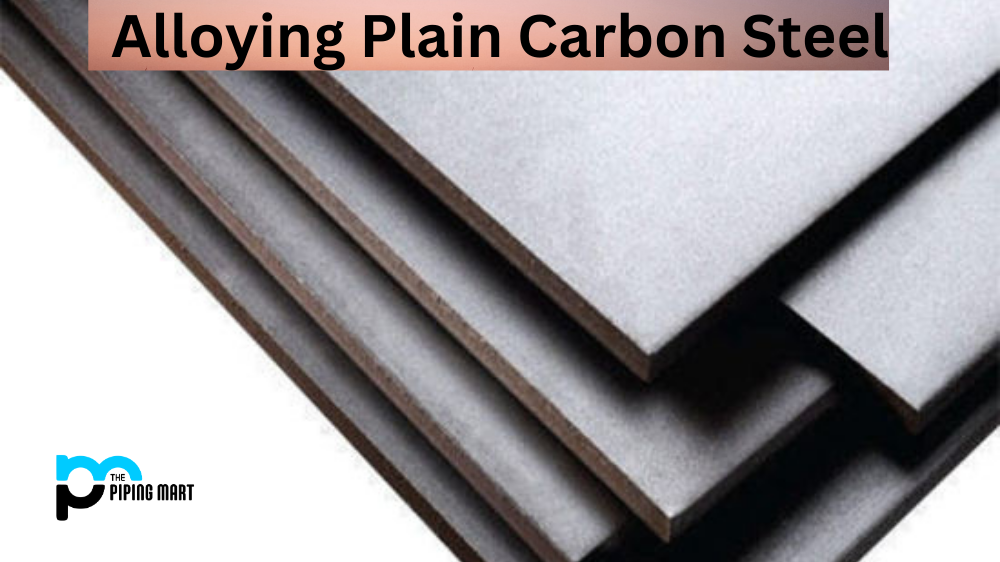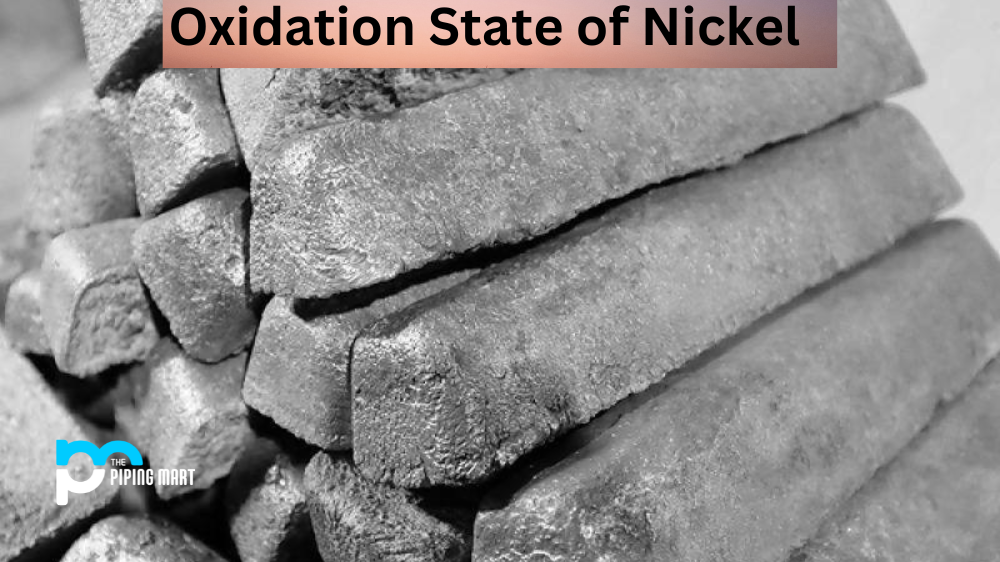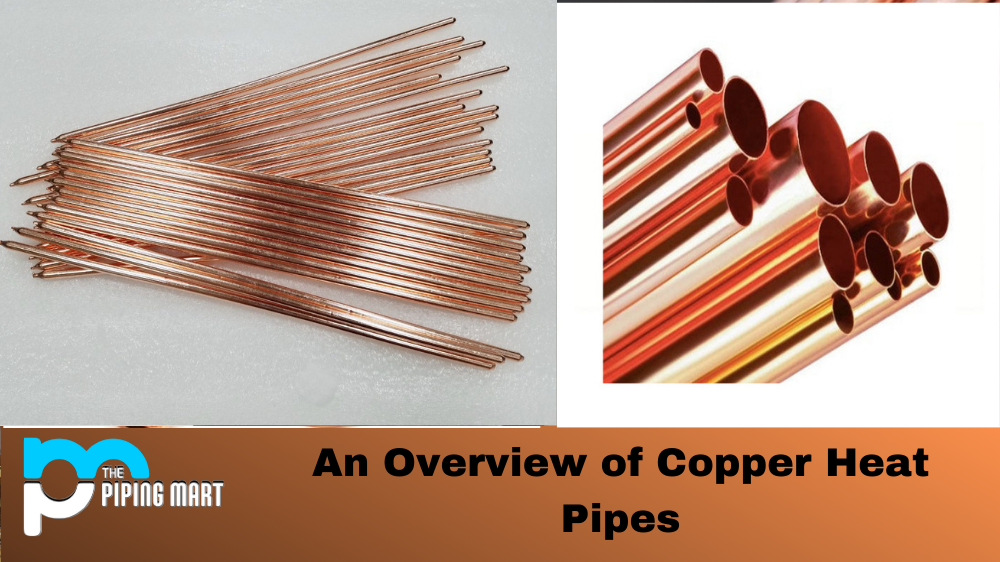Cast aluminum is a popular material for metalworking, fabricating, and manufacturing. It is light, durable, resistant to corrosion, and easy to shape into various forms. However, like any material, it has its advantages and disadvantages. Let’s take a look at why cast aluminum is such a popular choice for many projects—and the drawbacks that can come with it.
5 Advantages of Cast Aluminum
The primary benefit of cast aluminum is its lightweight yet sturdy construction. This makes it an ideal solution for projects where weight must be kept low while still maintaining strength in the design. Additionally, cast aluminum is resistant to corrosion which makes it a great choice for outdoor structures or products that require long-term durability. Finally, it cools quickly when molded, which allows for greater flexibility in terms of shape and form when compared to other metals.
Strong and Durable
One of the primary advantages of cast aluminum is that it is strong and durable. Cast aluminum is often used in the construction of buildings and other structures because it is able to withstand a great deal of weight and stress. Additionally, cast aluminum is resistant to corrosion, making it an ideal material for outdoor applications.
Lightweight
Another advantage of cast aluminum is that it is lightweight. This makes it an ideal material for use in applications where weight is a concern, such as in aircraft construction. Additionally, being lightweight also makes cast aluminum easier to transport and work with than other materials such as steel.
Good Thermal Conductivity
Cast aluminum also has good thermal conductivity, which means that it can easily dissipate heat. This makes it an ideal material for use in cookware, as well as in electronic components that need to dissipate heat quickly.
Recyclable
Another advantage of cast aluminum is that it is recyclable. Unlike other materials such as glass or plastic, aluminum can be recycled over and over again without losing any of its properties. This makes cast aluminum an environmentally friendly option for a variety of applications.
Cost-Effective
Finally, cast aluminum is also cost-effective. It is typically less expensive than other metals such as steel or titanium, making it a good choice for a variety of applications
4 Disadvantages of Cast Aluminum
Despite its numerous advantages, cast aluminum does have some drawbacks as well. One major downside is that casting requires more energy than other metalworking processes, such as welding or machining, due to the need for high temperatures during casting. This means that projects using cast aluminum may be more expensive than those using alternative materials or processes. Additionally, because cast aluminum cools quickly, there can be difficulty achieving complex shapes or intricate details in the design – something that may not be suitable for all projects.
Lower Strength
One of the primary disadvantages of cast aluminum is that it is not as strong as other metals, such as steel. This means that it is more likely to bend or break under stress. Additionally, cast aluminum is more susceptible to corrosion than other metals.
Limited Uses
Another disadvantage of cast aluminum is that it has limited uses. While it can be used for a variety of applications, such as in cookware and automotive parts, its uses are generally limited to products that do not require a high degree of strength or durability.
High Production Costs
Another disadvantage of cast aluminum is that it is more expensive to produce than other metals. This is due to the fact that the casting process is more complex and requires more time and energy than other methods of manufacturing metals.
Environmental Concerns
Cast aluminum also has a number of environmental concerns associated with it. The production of cast aluminum generates a great deal of pollution, including greenhouse gas emissions and hazardous waste. Additionally, cast aluminum products are not recyclable
Conclusion:
Knowing what you need from your project will help determine whether cast aluminum is right for you or not. While it certainly has its benefits, such as being lightweight yet durable and resistant to corrosion, there are also drawbacks, including higher costs associated with casting and difficulty achieving complex designs due to quick cooling time when molding the metal. All things considered, though, cast aluminum still remains one of the most widely used metals in metalworking today, thanks to its numerous advantages over other materials.

Meet Bhavesh, a seasoned blogger with a wealth of knowledge and experience. From metal products manufacturing to retail, Bhavesh has a diverse background in various industries and is dedicated to sharing his insights and expertise with readers.




